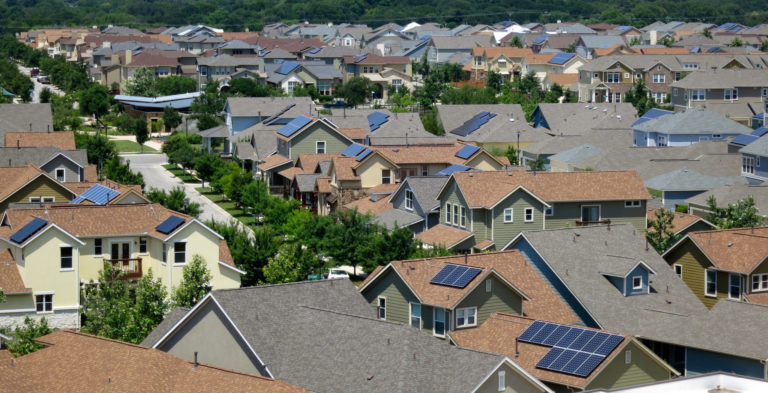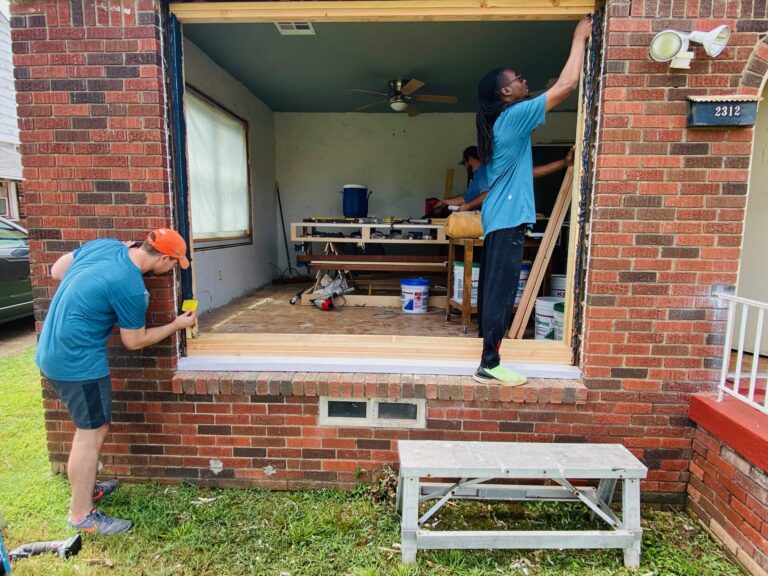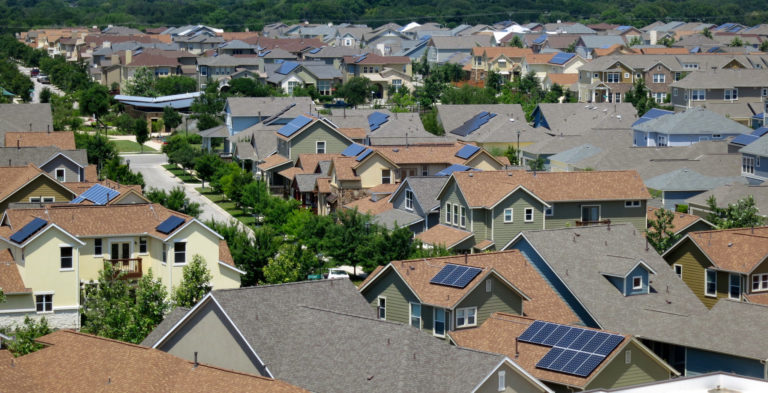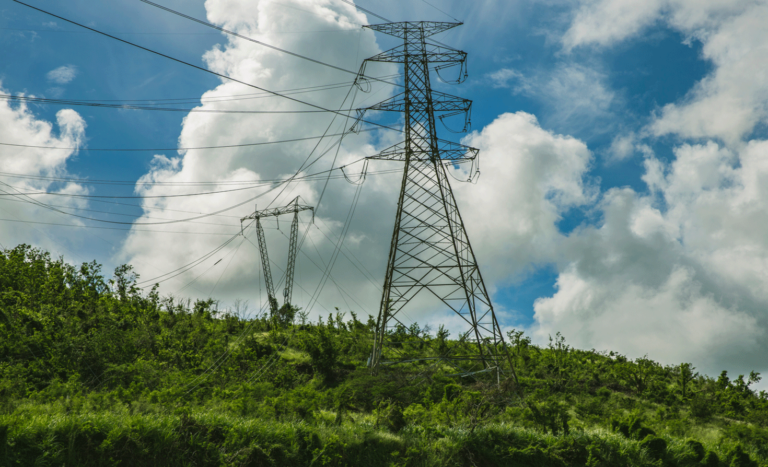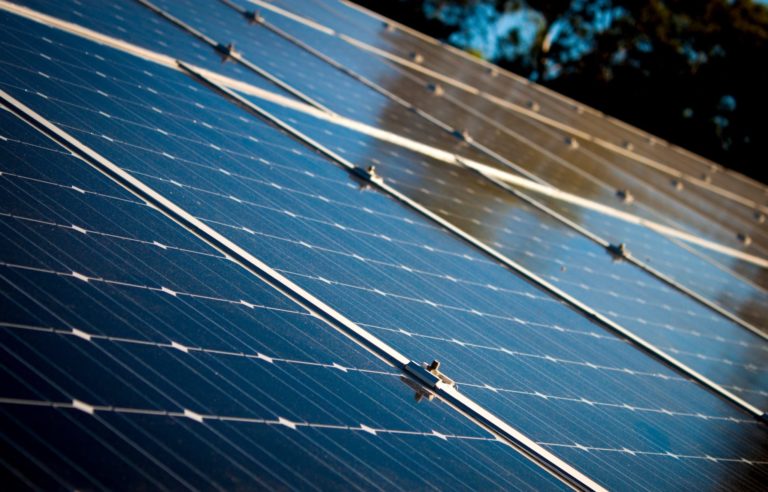March 5, 2021
By Fisayo Fadelu, General Counsel and CFO, Pecan Street Inc.
“We have come a long, long way but we still have a long, long way to go”. (Dr. Martin Luther King, 1966 speech at the Southern Methodist University). Black History Month gives us an opportunity to acknowledge and celebrate the contributions of African Americans to American society. In each facet of American life, it is also a time for assessment and contrast—to measure the lived experiences of African Americans in their communities against our founding promises of opportunity and equality for all; to measure our strides and pace of progress towards the ideals we strive to attain. It is from this vantage point that Pecan Street is looking at the issue of water equity.
Water, they say is life. This is true when it comes safe and clean, when it is readily accessible for the many uses it serves (for household needs, recreation, commerce, agriculture, energy, and other essential functions); when it is managed to rejuvenate and not damage; and when it is conserved as the invaluable resource that it is. For most people in our country, water is an afterthought because they have it within reach, within means, and it does no harm. For millions of others however, water is top-of-mind because in some way, this resource (or lack thereof) is an adverse draw on their quality of life, a hazard in some instances. A disproportionate number of those who suffer these water challenges and threats are people and communities of color. This unevenness is what is at the heart of the fight for water equity. It is about who we are—the African American problem is very well an all-American problem.
What is water equity? According to the U.S. Water Alliance, water equity occurs when all communities have access to safe, clean, affordable drinking water and wastewater services; are resilient in the face of floods, drought and other climate risks; have a role in decision-making processes related to water management in their communities; and share in the economic, social and environmental benefits of water systems. Based on this definition, the importance of water equity, as a collective concern, goes without saying; and to the extent that it is a worthy goal, we have a long way to go. The gaps are evident from the neglect we see of black communities that still bear the relics of segregation, where the walls of separation have fallen but the chasm of exclusion remains. We see the injustices in the reality of circumstances that turned deadly in Flint, Michigan, bringing to light the cost of systemic disregard for black lives; in data showing that African Americans are more than twice as likely as whites to live without modern plumbing; in crumbling infrastructure that serves vulnerable communities with expensive bad water; in the fact that communities of color are often involuntary hosts to hazardous facilities and toxic waste sites; and in the fact that communities of color suffer disproportionately more harm from extreme weather events and usually experience longer, more painful, roads to recovery. On water, we are a long way from just and fair inclusion. But, it is not all bad news. The ray of hope is that progress is being made. At different levels, African Americans are leading the charge, and in the context of Black History Month, it is worth elevating some of their outstanding work.
In the nonprofit world, the US Water Alliance stands out in the diversity of stakeholders (which includes water providers, public officials, business leaders, environmental organizations, community leaders, and policy organizations) it brings together to actively work on producing research and advancing practices, initiatives, policies, and solutions to address water equity along with other pressing water challenges. As CEO of the US Water Alliance, Radhika Fox, until her recent nomination by the Biden Administration to serve as the Principal Deputy Assistant Administrator for the Office of Water, has been a leading African American mind on the multi-stakeholder approach to crafting innovative solutions to water equity. Under her leadership, the US Water Alliance collaborated with Milwaukee leaders to create a premier water equity roadmap titled An Equitable Water Future: Milwaukee. This first-of-its kind report on strategies to build water workforce equity in Milwaukee will guide the city’s water community to better reflect the diversity of its citizens. This is notable because nationally, this model will serve as a guide for other cities working on addressing water equity challenges.
Another African American-led effort of significance is the national Water Equity and Climate Resilience Caucus, launched with support from the Kresge Foundation and led by Policy Link. Under the leadership of Dr. Michael McAfee, in collaboration with other organizations led by people of color, the Caucus works on “strengthening federal policy, educating water leaders and other key decisionmakers at all levels of government on climate resilience, workforce needs and response and recovery”.
Across the nation, in associations large and small, the fight for water equity is being championed by unsung heroes. In communities like Flint, Michigan, everyday African American citizens have turned tragedy to purpose (see the Flint Community Lab, founded to provide no-cost testing to every home in their community, thus, providing transparency and empowerment to the residents). Their work is no less impactful, they are all part of writing the next chapters of the history we celebrate this month.
Even though we pause to reflect in February, the work is all year-round. If we learned anything from the 2020 racial unrest and pandemic, it is that the marginalized are losing patience. The time is now to prioritize humanity, to recognize the challenges, collaborate, commit investments, and to develop policies and programs that advance water equity.











